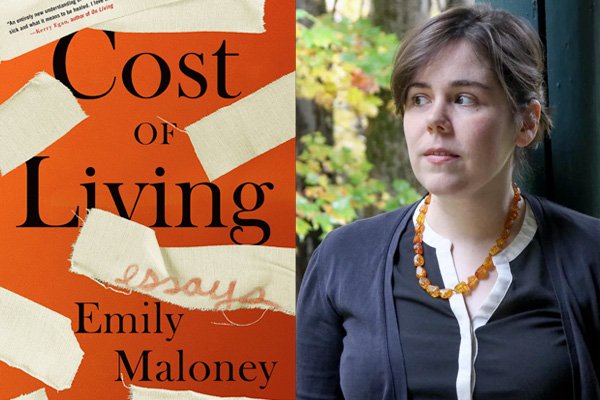BOOK REVEW –
Feb. 25, 2022 – The precipitating event in “Cost of Living” is the author’s psychiatric hospitalization at 19: “It wasn’t that I had wanted to die, exactly. It was more that I just couldn’t keep living.” Maloney’s choice of a nearby, independent hospital’s emergency room over the bigger university hospital “where the state might pick up your bill if you were declared indigent” leads to the crushing debt at the heart of the book. “Sitting on a cot in the emergency room, I filled out paperwork certifying myself as the responsible party for my own medical care — signed it without looking, anchoring myself to this debt, a stone dropped in the middle of a stream. This debt was the cost of living.”
As Maloney pries deeper into the machine of American health care, she finds no central mechanism other than that of the eternal money-go-round. By the time she gets to the conference at which doctors are painstakingly comped for their attendance at brunches with “soggy pastries” amid “transfer of value” concerns, I had lost all hope for a ready solution to the problem — which, Maloney implies, is inseparable from the very structures of capitalism.



